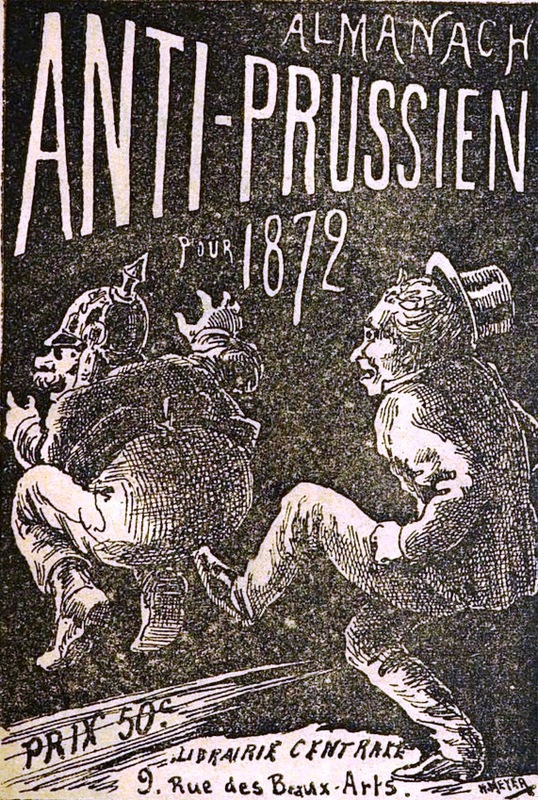Anti-German Propaganda in WW1 And It's Purposes
The purpose of this exhibit is to explore anti-German propaganda used during the First World War. Throughout the conflict, the Entente powers frequently used propaganda to encourage their citizens to contribute to the war effort and attempt to depress German morale. Britain and the United States would set up specific departments dedicated to these efforts. The United States had the Committee of Public Information. Well, Britain’s propaganda bureau was called the Wellington House. Nations in the commonwealth, such as Australia and Canada, would also utilize propaganda.
All of these nations would employ radio, posters and films. In America, these efforts were behind the initially reluctant population's shift in opinion regarding the war. This was not just true in the States. The use of propaganda was crucial to the war effort, according to polls from this period. In many of the nations of the Entente, the populations were not convinced of the necessity. As they mostly did not understand why they were fighting the war in the first place. Propaganda allowed governments to communicate the wars' “necessity” in a simple and easily digestible manner. That did not require the audience to have a particular complex understanding, of the geo-politics of the situation.
Much of this propaganda contained similar motifs or images. For example, a common theme often found throughout these propaganda pieces is. Is the inherently militaristic nature of the German people. Many propaganda works contained the term “kultur”. This word was used to refer to the supposed inherently violent nature of the German nation. This sentiment would not just manifest itself in propaganda. For example, in Canada, Berlin in South West Ontario was home to a significant population of German Mennonites. Whose businesses would be ransacked by soldiers. The town would also have its name changed to Kitchener during the war, after the British military officer.
The First World War would start just as mass media was first coming into its own. Populations were increasingly literate. They had access to radio, newspapers. and the movies. Savvy politicians realized that for the war effort to be successful, these information channels would have to be tightly controlled. The effect that mass media can have on war can be seen today with social media.
